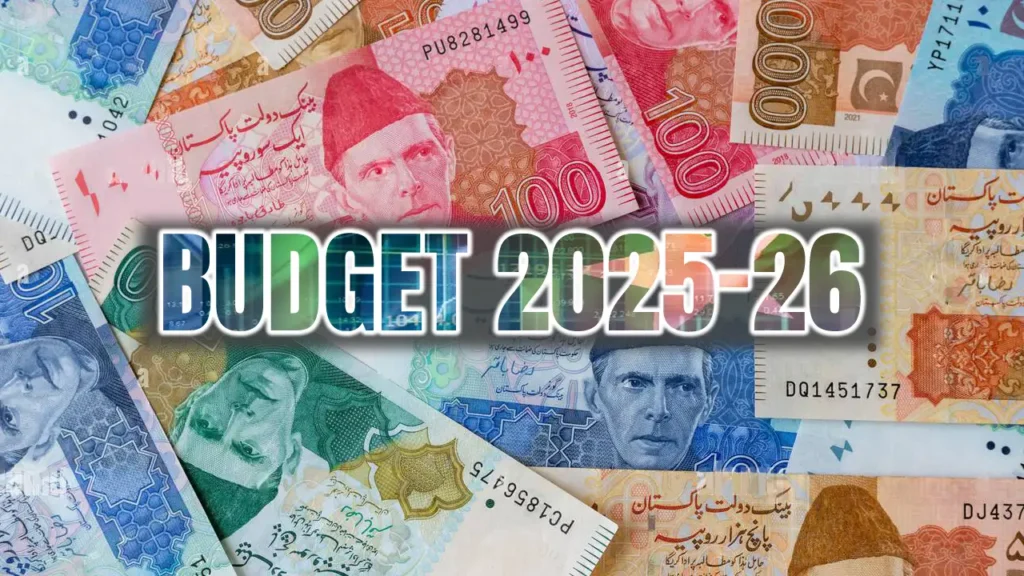- Web
- Feb 05, 2026
Govt eying tax on high pensioners in next budget
-

- Syed Raza Hassan Web Desk
- May 31, 2025

KARACHI: The government is considering imposing a 2.5 to 5 per cent tax on monthly pensions exceeding Rs400,000 in the budget for the financial year (FY-2025-26)
According to Topline Securities, Pakistan’s pension bill has doubled from Rs0.5 trillion in the financial year 2022 to Rs1 trillion in the financial year 2025.
To manage the growing cost, the government is considering imposing a 2.5 to 5 per cent tax on pensioners earning more than Rs400,000 a month.
The new tax could generate an estimated Rs20 billion to Rs40 billion in revenue, it added.
The pension budget has seen a sharp rise over the past decade, primarily due to a growing number of retirees.
Another major contributing factor is the commutation of pensions, which allows retired employees to receive seven and a half years’ worth of pension in advance — calculated at 35 per cent of their pension.
Pensions are now the fourth-largest component of the federal budget, after debt servicing, defence and development spending.
According to the finance ministry, without trimming pension benefits, the government would require assets worth Rs10 trillion to sustainably fund pensions.
However, actuaries now estimate that under revised assumptions, the required asset value stands at Rs7 trillion.
Pakistan is preparing to unveil a highly austere federal budget in June. Government insiders say Islamabad is finalising a package of tough fiscal measures aimed at widening the tax net and reducing the deficit, both central demands of the IMF during the recent virtual talks. The proposed steps are expected to hit high-end consumer goods, agriculture, and even the clean energy sector.
Officials familiar with the negotiations say sales tax rates on luxury imports could be pushed above 25 per cent, while previously untaxed or exempted items, including solar panels, may be brought into the fold.
Technology-driven enforcement is also being ramped up, with authorities planning to significantly raise fines on retailers who fail to comply with the point-of-sale (POS) system requirements. In some cases, non-compliance may trigger criminal proceedings.
“The fiscal space is shrinking, and the IMF wants clear, verifiable steps. There’s little room left for leniency,” said a senior government official directly involved in budget planning.
In a bid to plug tax leakages, the Federal Board of Revenue is reportedly preparing to boost its enforcement muscle. Penalties for dodging the POS system could increase tenfold, from Rs0.5 million to Rs5 million, and enforcement officers may be given expanded powers under the revamped regime.




